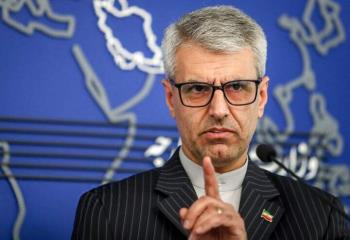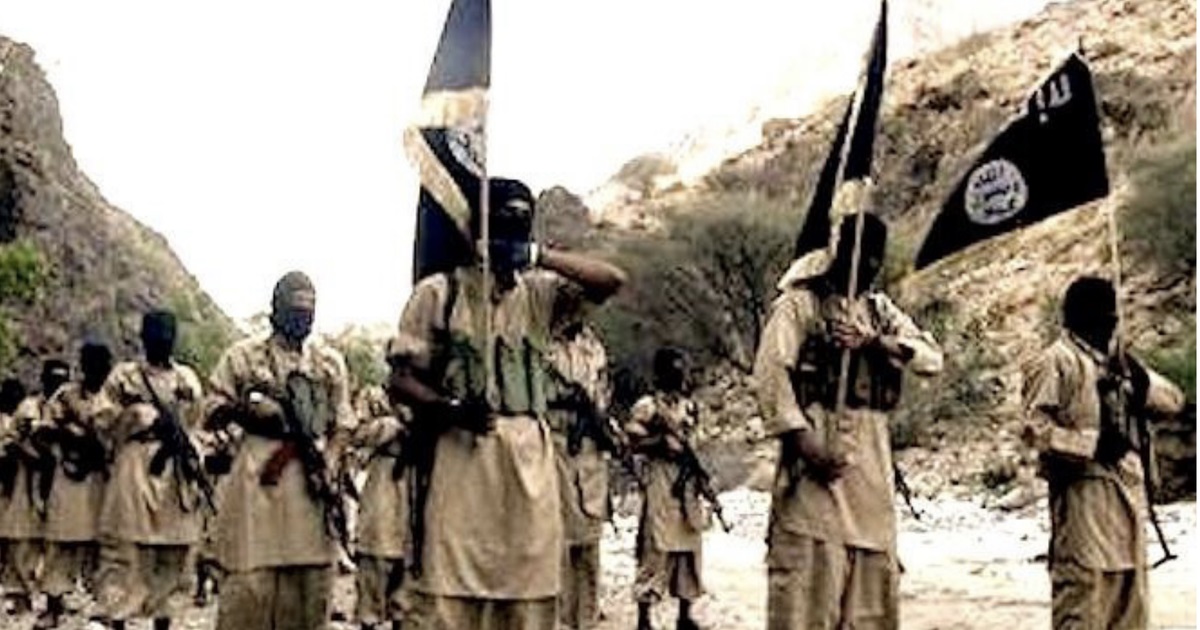Based on recent BBC investigations, the United Arab Emirates has recruited former al-Qaeda operatives and engaged American mercenaries to execute political assassinations in Yemen.
This report, featured in a documentary aired on Monday, reveals that a whistleblower informed the BBC of the employment of former al-Qaeda members, long established in southern Yemen, to collaborate with the UAE.
The whistleblower disclosed the identities of 11 ex-al-Qaeda members purportedly working with the Southern Transitional Council, a semi-military entity associated with the UAE.
Leaked court documents suggest that an al-Qaeda member alleged Emirati officers offered him freedom in exchange for carrying out targeted killings.
According to BBC sources, Nasser Al-Shaibah, a senior ex-al-Qaeda figure linked to the 2000 USS Cole attack that killed 17 Americans, now serves within a military division of the Southern Transitional Council.
Furthermore, the report features accounts from two personnel of the American security firm Spear Operations Group, asserting they were contracted by the UAE for assassinations in Yemen.
Aidarus al-Zoubaidi, President of the Southern Transitional Council, has refuted claims of al-Qaeda involvement within his armed forces.
In 2018, Buzzfeed investigations unveiled that the UAE had contracted mercenaries to eliminate prominent figures of the Al-Islah party, the Yemeni force of the Muslim Brotherhood. This exposé featured leaked drone footage from December 2015, depicting a failed assassination attempt on Anssaf Ali Mayo, an Al-Islah member, and all occupants of his office.
In a BBC documentary, Isaac Gilmore, a former US Navy officer, acknowledged Mayo's inclusion in a "kill list." He remarked, "Modern conflicts are regrettably ambiguous. In Yemen, we witness a civilian and spiritual leader to some, while to others, he's a terrorist leader."
The agreement between Spear Operations Group and the UAE transpired in Abu Dhabi, involving Abraham Golan, the founder of the Israeli-Hungarian security firm Spear Operations Group, and Mohammed Dahlan, a former Palestinian exile turned advisor to UAE President Mohamed bin Zayed.
Despite the UAE designating the Muslim Brotherhood and its affiliates as terrorist entities, the US government hasn't banned the movement. The attempted assassination of Mayo triggered a series of targeted killings in Yemen from 2015 to 2018, prompting the human rights group Reprieve to investigate over 160 fatalities.
Reprieve's investigation revealed that only 23 of the deceased individuals had ties to terrorist organizations. Mohammad Abdul Wadood, a member of this party in Taiz, expressed to Middle East Eye in 2018: "The UAE aims to obliterate the entire nation and enlist mercenaries globally to dismantle Al-Islah."
Huda Al-Sarari, an attorney scrutinizing violations by UAE-supported factions in Yemen, disclosed to the BBC that she has faced numerous death threats for her endeavors. Sarari's son fell victim to gunfire in 2019, an incident the Aden prosecutor attributed to a member of an Emirati-backed anti-terrorism unit in southern Yemen. So far, no one has been brought to justice for this homicide.
The UAE government refutes claims of targeting non-terrorism-related individuals and insists its counter-terrorism initiatives in Yemen were at the request of the internationally recognized Yemeni government.
Previously, Al-Islah and the UAE collaborated against the Yemeni forces since 2015. However, relations deteriorated markedly, culminating in clashes between pro-Al-Islah forces and UAE forces in Aden in October 2017.



























